Blog Posts
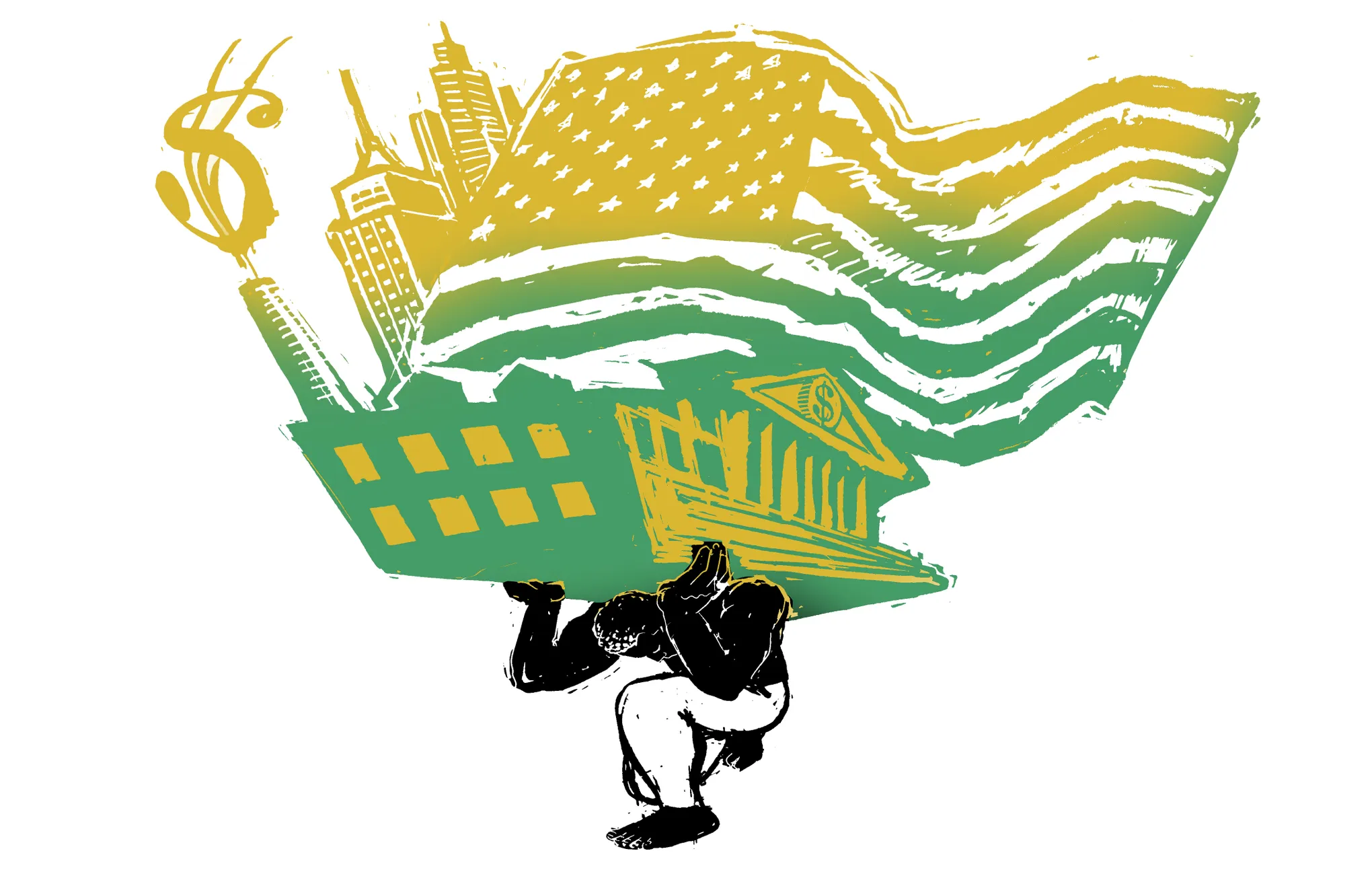
- Details
- Written by: admin
Reparations for slavery: A road map
By
Clyde W. Ford
Special to The Seattle Times
The California state task force on reparations for Black residents voted on March 22 to limit eligibility to individuals whose lineage could be traced to enslavement in America. While this first-in-the-nation task force hotly debated the issue, more important is that it was impaneled by Gov. Gavin Newsome to study and develop reparation proposals. While many look toward California, awaiting its findings and conclusions, Gov. Jay Inslee, who’s been out in front on many issues of racial equity, should not wait. He should impanel a similar reparations task force, with similar objectives in Washington state.
- Details
- Written by: admin
Tracing the Ancestry of the Earliest Enslaved Ndongo People
Clyde W. Ford on a Story Born in Blood, excerpted from
Of Blood and Sweat: Black Lives and the Making of White Power and Wealth
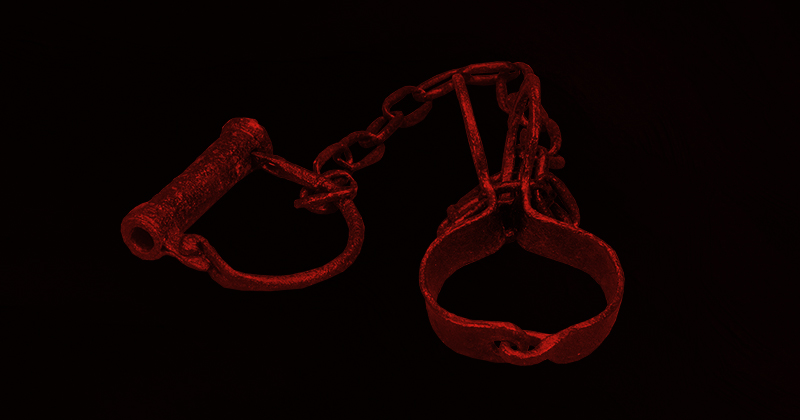
“Antoney, Negro, and Isabell, Negro” is how they were known in the 1625 ledger of Captain William Tucker of Elizabeth City, Virginia. In all likelihood, they also had African names only the ages know now. They may have been baptized shortly after birth, and their anglicized names conferred then by Portuguese priests who’d ventured deep into the interior of Angola, where Catholicism was well established by the 16th century.
Or, Portuguese priests may have performed obligatory baptisms and christenings of these two young people as they were herded into the hold of the São João Bautista, a Portuguese slave ship at anchor in Luanda Bay off the coast of Angola, in the late central-African rainy season of 1619. Let’s call them Anthony and Isabella, for our narrative. Two among the “20. and odd Negroes” Sir John Rolfe recorded aboard the Dutch man-of-war White Lion, lying at anchor on August 20, 1619, at the mouth of the James River off Point Comfort.
Read more: Tracing the Ancestry of the Earliest Enslaved Ndongo People
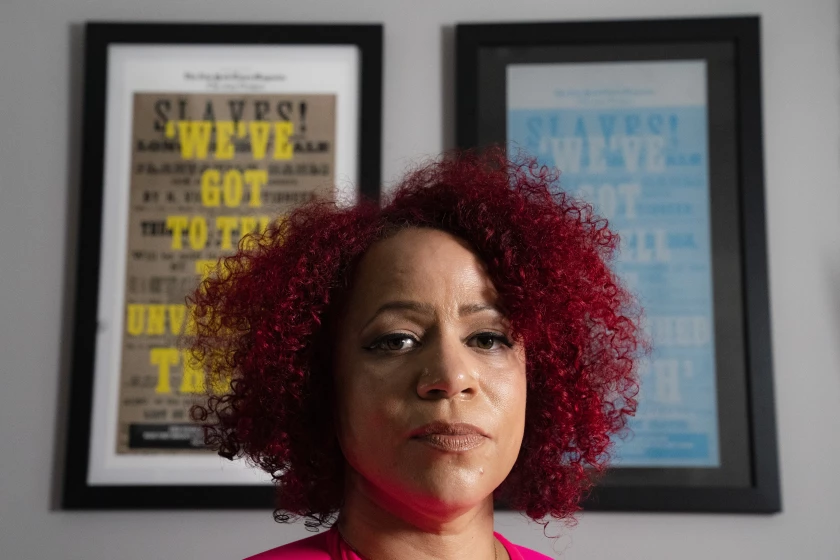
- Details
- Written by: admin
I never imagined that being a Black author could put me in harm's way
In recent years, the police have been called on Black people for ridiculously ordinary things — birding while Black, shopping while Black, golfing (too slowly) while Black, riding in a car with a white grandmother while Black, delivering newspapers while Black, even trying to cash a paycheck while Black.
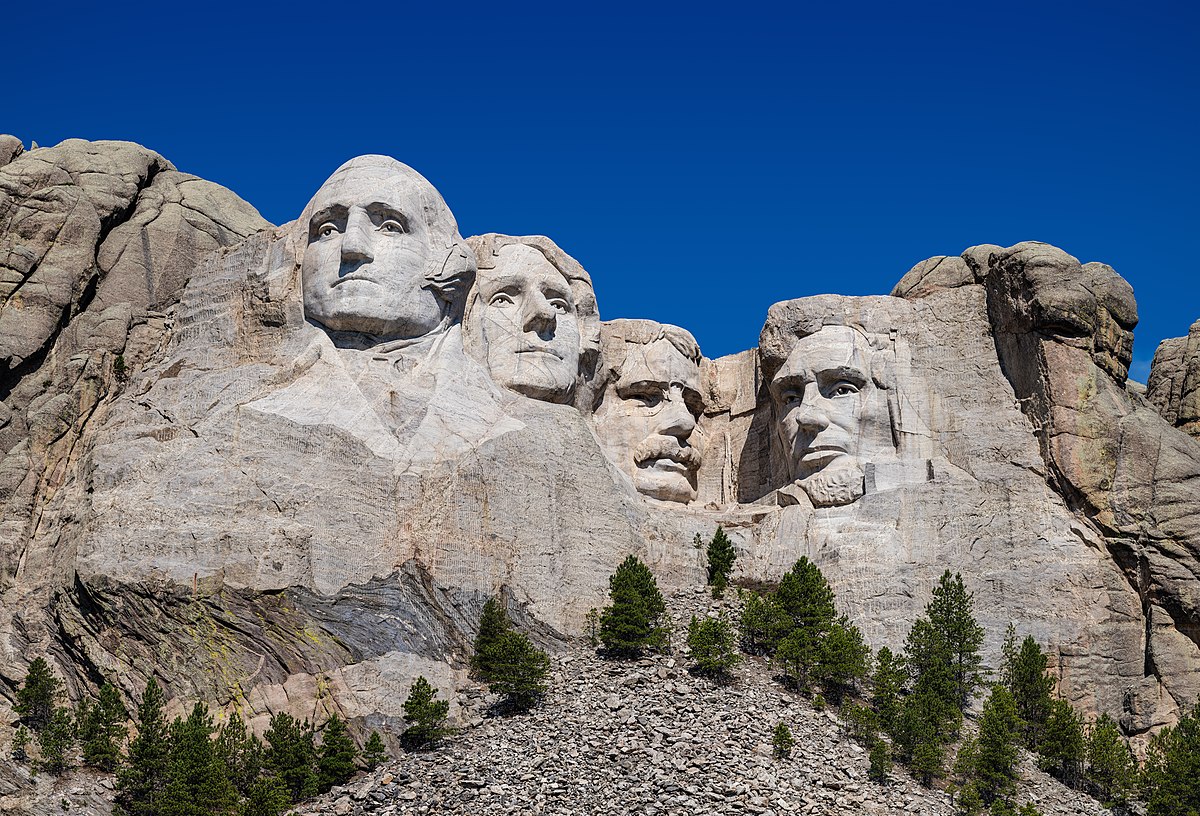
- Details
- Written by: admin
Americans remain largely unaware that many of the famous Founding Fathers were deeply in debt. Some of them, including Thomas Jefferson, attempted to forestall foreclosure by using their slaves as collateral. Using human beings to back debt was refined in the years following 1776 — and it helped jump-start our American financial system.
Read more: Founding Fathers as Founding Debtors: How some of them used slaves as collateral
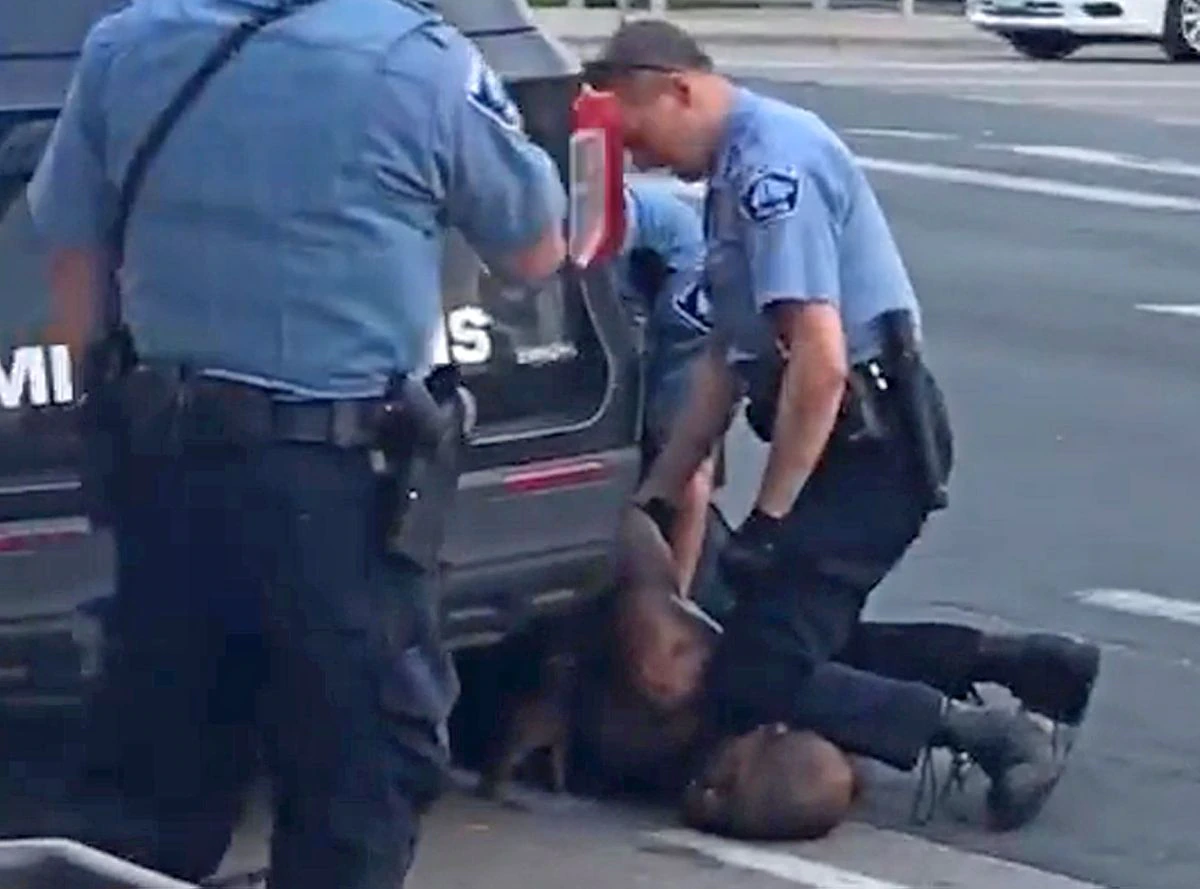
- Details
- Written by: admin
Confronting modern policing’s roots in medieval England and American slavery will do more to make us all safer.
Those who say the guilty verdict in Derek Chauvin’s trial for the murder of George Floyd represents a change in American policing remind me of those who falsely claimed that the election of Barack Obama signaled the dawn of a post-racial America. The response to Obama’s election unleashed the worst racism seen in this country in the past 50 years, and the verdict in the Chauvin case has done little to curb white police officers killing young Black men and women, even children in their teens.
Read more: Reforms aren’t enough to end ‘us vs. them’ policing in America










